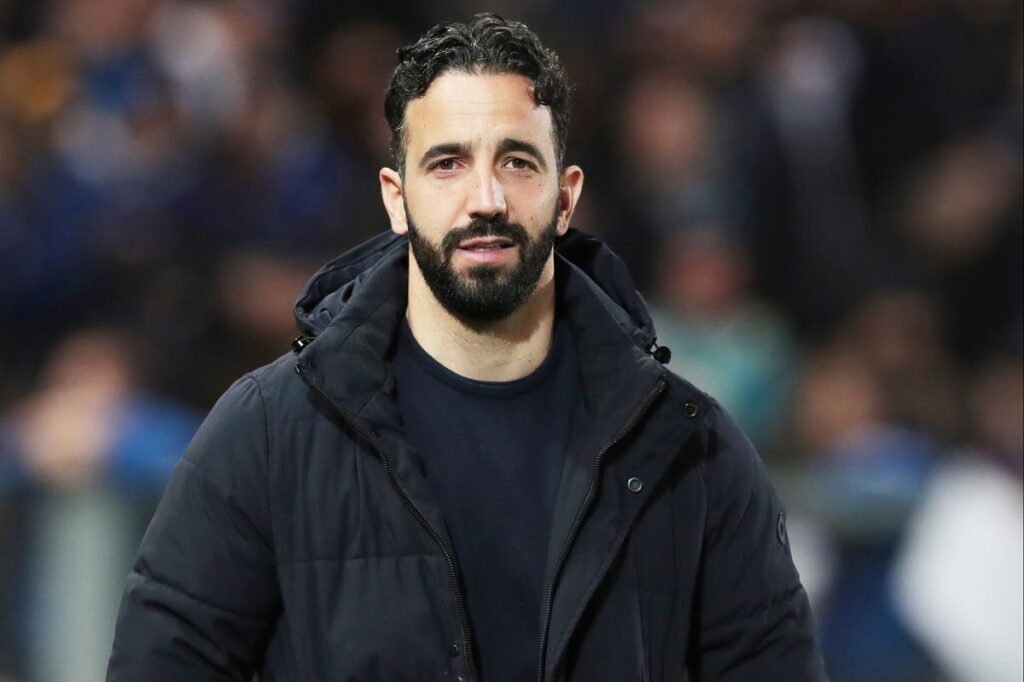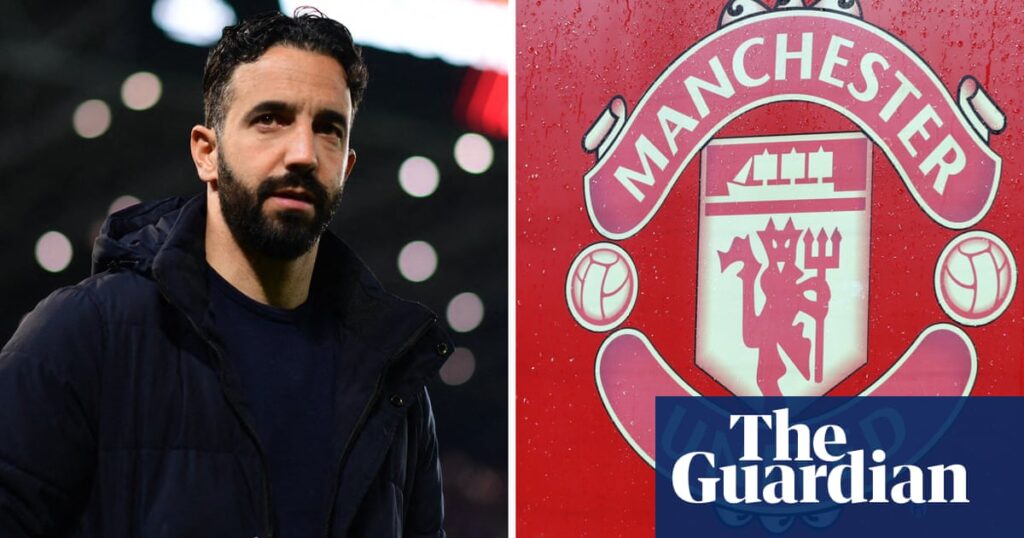Claudio Ranieri does not have all the answers. It can seem as if he does: the man who steered Leicester to a Premier League title and who long before that built a reputation in Italy as the first person to call when a top team was failing. In case of emergency, do not break the glass, just dial Claudio instead.
He had retired after leading Cagliari to an improbable escape from relegation last season, but Roma lured him back. The club – his club, the one he grew up supporting – was in shambles: 12th in the table despite an almost €100m summer transfer splurge and now seeking a third manager of this season. How could he say no, even at 73 years old, to his first footballing love?
Results improved quickly. Ranieri’s Roma lost to title contenders Napoli and Atalanta but picked up four wins and a draw from their next six matches after that. There was cautious optimism ahead of Sunday’s Rome derby, even though the Giallorossi still trailed neighbours Lazio by 15 points: the furthest behind they have ever been heading into the fixture.
And yet one question still hung over the club. Lorenzo Pellegrini had not started a game in almost a month. Once considered the heir to Francesco Totti and Daniele De Rossi: the latest in a line of Rome-born, Roma-raised club captains, he had lately become a lightning rod for criticism. Accused by some fans of betraying previous managers José Mourinho and De Rossi, he was being linked with a January move away.
In an interview with La Gazzetta dello Sport last week, Ranieri confessed he did not know what the future held. “It seems like he is already condemned, as though the thumb, for him, is pointing downward,” said the manager, invoking the image of a Roman gladiator in the arena. “Can he recover? I don’t know.”
The subject came up again at his pre-game press conference. Ranieri had praised Pellegrini often since returning to the club, placing him in a bracket with Frank Lampard as the two great goalscoring midfielders he has worked with. So why was he never making the starting XI?
“It’s purely a psychological consideration,” said Ranieri. “I consider him one of the strongest technical players in Europe … But he suffers this fact with the fans. I need look at whether a player is being burdened by these things or whether they are sliding off. Lorenzo is letting himself be burdened by all of them.”
Was that nature of Pellegrini, his introspectiveness, part of the problem to begin? Ranieri has described him as an “atypical Roman”, like himself, who does not show his emotions. Through this recent difficult chapter, it has been rare to see him put his face forward for the microphones.
These things matter more in Rome, Italian football’s most intense media bubble. A place where, as Totti reflected recently: “What people want to see most is attachment to the shirt.”
That was Mourinho’s first success at Roma: connecting to the fanbase by showing them he cared as they did. He spoke highly of Pellegrini at the beginning, saying he would field three clones if he could. They ended on less happy terms. A story about Mourinho leaving a ring that players had gifted him after the Europa Conference League win in Pellegrini’s locker fuelled speculation of a rift.
Was any of it real? Had Pellegrini truly undermined Mourinho or did the manager’s tenure simply run its course? And how did he become a scapegoat in De Rossi’s sacking as well? One report in the newspaper Il Tempo suggested the opposite might have been true, Pelllegrini deliberately excluded when the club’s then CEO, Lina Souloukou, canvassed players for an opinion on the manager since they were perceived as being too close.
None of these details moved the court of public opinion. And not even Ranieri, with all his belief in the player’s qualities, seemed able to improve Pellegrini’s performances on the pitch. A player who scored 14 goals during Mourinho’s first season in charge, becoming the standout performer as Roma’s first major European triumph, had struck just once in 18 appearances in this campaign.
Pellegrini’s time with Roma appeared to be ending. There was talk of Napoli, Galatasaray and even Inter making inquiries. Then, without warning, Ranieri stuck him back in the team to face Lazio.
From the outside, it felt like a choice out of nowhere. Pellegrini had not played especially well when introduced as a second-half substitute against Milan a week earlier. A new homegrown talent, Niccolò Pisilli, had emerged in his stead.
after newsletter promotion
The decision was made on the eve of the game. “[Pellegrini] came to me and as we spoke I understood he was dying to captain Roma again in the derby,” said Ranieri. “He didn’t ask me to play, but I could tell his desire had gone to the place I wanted it to.”
Ranieri has a track record for making bold selections in this fixture. Most famous was the occasion, in 2010, when he took both Totti and De Rossi off at half-time of a derby that Roma were losing 1-0, and which they subsequently bounced back to win.
On Sunday, again, his instincts were vindicated. There were not yet 10 minutes played when Pellegrini received a cross from Alexis Saelemaekers, bought himself some space on the edge of the box and whipped a side-footed shot into the top corner. His first Serie A goal of this season, in the game that always matters most.
Quick Guide
Serie A results
Show
Fiorentina 0-3 Napoli, Lecce 0-0 Genoa, Monza 1-2 Cagliari, Roma 2-0 Lazio, Torino 0-0 Parma, Venezia 1-1 Empoli, Verona 0-0 Udinese
Within moments, Roma doubled their advantage, Saelemaekers scoring at the second attempt at the end of a lightning break. We had seen glimpses of this style against Milan, the Giallorossi putting together devastatingly slick combinations on the counter, Artem Dovbyk’s lay-offs and accompanying runs making space for Dybala to carry the ball straight at the heart of the defence.
Lazio improved, but too late to recover. It finished 2-0 to Roma, maintaining Ranieri’s perfect record of always winning the Derby della Capitale: five times now out of five.
Pellegrini, who had kissed the badge on his shirt after scoring, left the pitch to a loud ovation from those supporters who have not always supported him. At full-time, he went beneath the Curva Sud and borrowed a flag from the Ultras. A symbolic moment – the Italian word for flag, bandiera, is used as a shorthand in the football lexicon for a player who embodies the spirit of a club.
Could it be the start of a new chapter for Pellegrini? Perhaps best not to get ahead of ourselves. A goal is just a goal, and the derby – as managers are always so eager to remind us – is a game unto itself. Roma, even after this win, are still 10th.
Certainly, though, this felt like a moment of healing. “We are a team now,” said Ranieri when asked if he felt his team had found their tactical identity. “We know how to keep the right distances, which is so important … Now we need to show that we are here, that we have made it through the dark night. We need to start to see the sun.”


